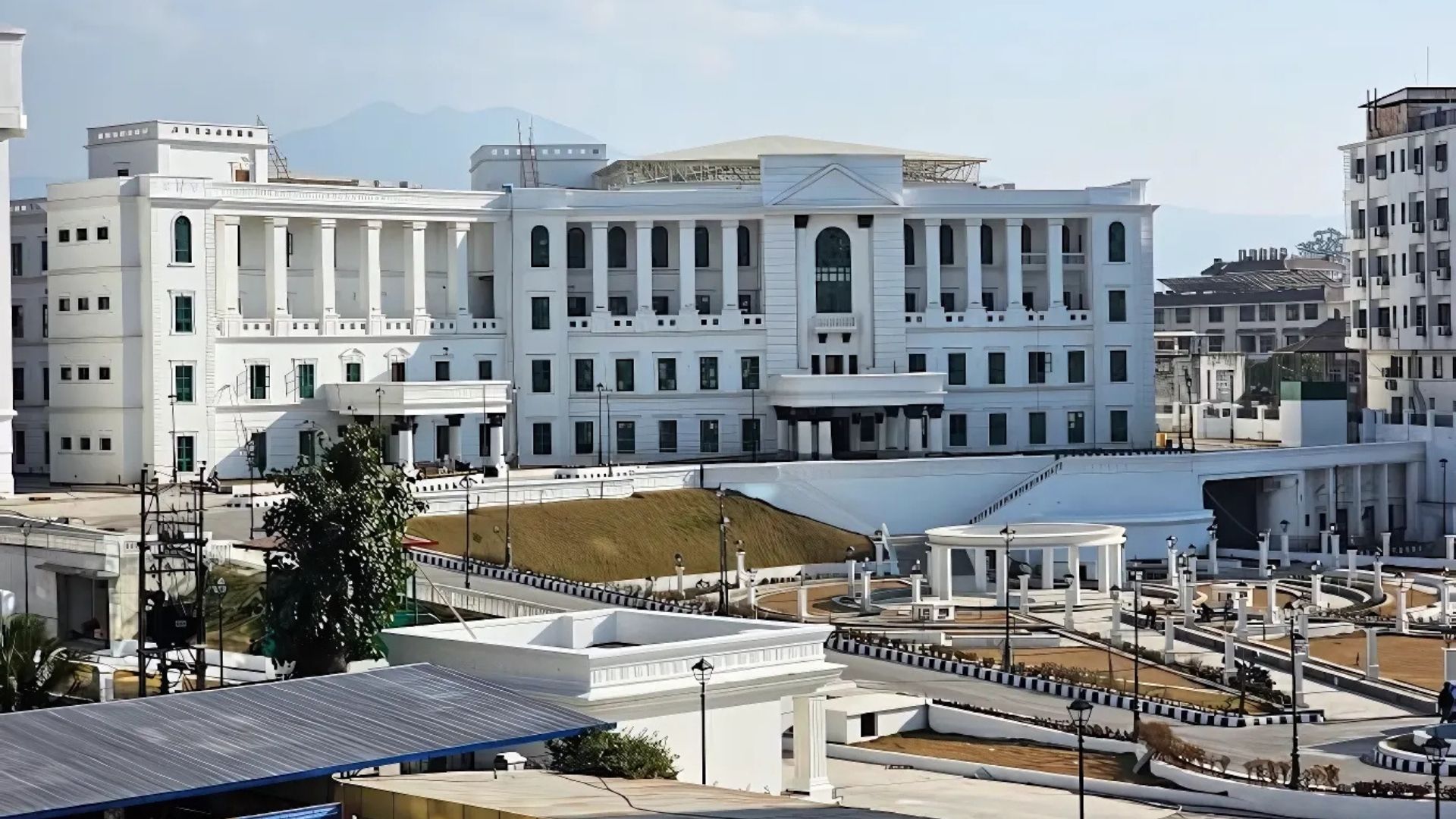Central Bank Autonomy | Institution | Monetary Policy

The Nepal Rastra Bank (NRB) sits at the core of the country's financial stability, tasked with controlling inflation, regulating banks and safeguarding the economy from crises. Yet this critical institution has been leaderless for more than a month—because Nepal's political class cannot resist turning every appointment into a bargaining chip.
Maha Prasad Adhikari, the former governor, completed his term on April 6th. By law his successor should have been named at least a month before his departure. But laws are mere suggestions when political convenience demands otherwise. Instead Deputy Governor Neelam Dhungana Timilsina holds the fort, a stopgap measure for a role that demands decisive, long-term leadership. This isn’t the first time it has happened. Before Adhikari’s appointment, the central bank remained vacant for nearly six months.
The delay is not bureaucratic inertia. It is a deliberate subversion of due process, exposing how profoundly the country’s ruling elite prioritises patronage over sound economic governance.
The Nepal Rastra Bank Act, 2058, outlines a simple, merit-based selection:
A sensible process, if only it were followed.
The government finally formed the committee on March 24th, comprising: Finance Minister Bishnu Paudel (UML); former Governor Bijaya Nath Bhattarai; and ex-NPC Vice Chairman Bishwo Paudel. Yet rather than assess candidates on merit, the committee became a proxy battleground for political factions. Sources confirm the panel awaited "guidance" from Prime Minister KP Oli (UML) and Nepali Congress chief Sher Bahadur Deuba, essentially rendering the selection to backroom negotiations.
The farce reached its peak when Bijaya Nath Bhattarai resigned in protest, a damning indictment of how political meddling has corrupted the process. The ruling coalition’s alleged deal was hardly subtle: Nepali Congress (Deuba) picks the NRB governor and UML (Oli) selects the next police chief (IGP). Such horse-trading is routine in the country’s politics, but when applied to the central bank, an institution that must remain independent, it crosses from cynical to dangerous.
Deuba’s preferred candidate, Dr. Gunakar Bhatta, a former NRB executive director, became the lightning rod for controversy. His sudden resignation from the NRB on April 18th, seen as a maneuver to fast-track his appointment, only deepened suspicions of political engineering. Now there are legal roadblocks.
A petition at the Supreme Court has challenged the government’s removal of the 65-year age limit, a move perceived as tailor-made for a certain candidate. And a supplementary petition has contested Bhatta’s eligibility, arguing his ‘nomination’ for appointment is political not professional. Meanwhile the court’s interim freeze on the process has left the NRB in limbo, a fitting metaphor for Nepal’s broader institutional decay.
Without a full-time governor, key decisions around the country’s money and financial sector are stuck in bureaucratic purgatory. For an economy already battered by slowing growth and a fragile banking sector, the indecision is tantamount to negligence.
Central banks function on credibility. If commercial banks, investors and the public perceive the NRB as an extension of party politics, confidence in the financial system could crumble. What is more, Nepal is already on the Financial Action Task Force’s grey list for weak financial oversight. A compromised governor could invite stricter scrutiny, higher compliance costs and sinking foreign direct investment, penalties the country can ill afford.
If the NRB—seemingly a rare bastion of competence—succumbs to political capture, what will remain? The country has already seen politicised police, compromised bureaucrats and hollowed-out regulatory bodies. Sacrificing the central bank’s independence would signal the final surrender of economic governance to short-term political interests.
Although Bhatta remains the favorite (pending court approval), other names floated include—Dr. Rabindra Pandey (Economist, NC-affiliated), Gyanendra Dhungana (ex-CEO, Nabil Bank), Bam Bahadur Mishra (Deputy Governor, NRB) and Ashok Sherchan (CEO, Prabhu Bank).
Yet the real issue is not who gets the job, but whether the selection would be based on merit—or political loyalty. Two decisive factors remain: the Supreme Court’s ruling on Bhatta’s eligibility and Deuba’s return from Thailand (April 25), which could accelerate backroom dealings. Were the court to block Bhatta, the political scramble could restart. But if it greenlights him, we may get a governor whose allegiance stays with a party not the economy.
The NRB governorship is the last guardian of the nation’s monetary stability, and its politicisation threatens every citizen, from street vendors to business owners. The next governor will inherit slowing economic growth, a shaky banking sector and global-economic headwinds. Without an independent governor, Nepal’s economy risks becoming collateral damage amid never-ending power struggles between political leaders and their party interests.
Read More Stories
Kathmandu’s decay: From glorious past to ominous future
Kathmandu: The legend and the legacy Legend about Kathmandus evolution holds that the...
Kathmandu - A crumbling valley!
Valleys and cities should be young, vibrant, inspiring and full of hopes with...
Remittance surges 13.2% in ten months | Reaches record NRs 1.36 trillion
In mid-May 2025, year-on-year consumer price inflation eased to 2.77%, down sharply from...